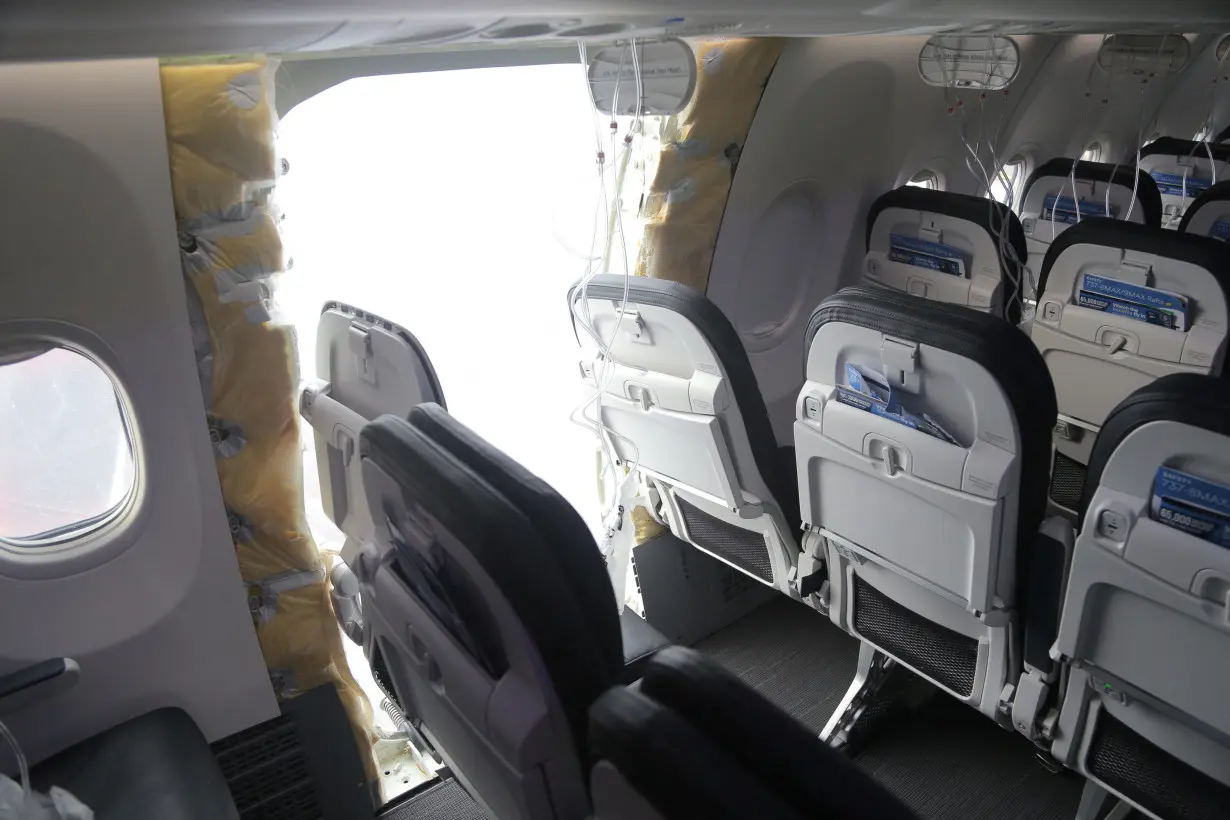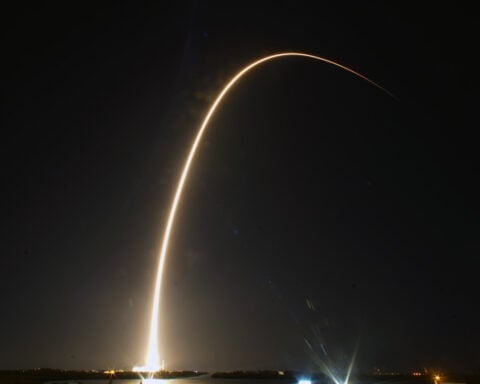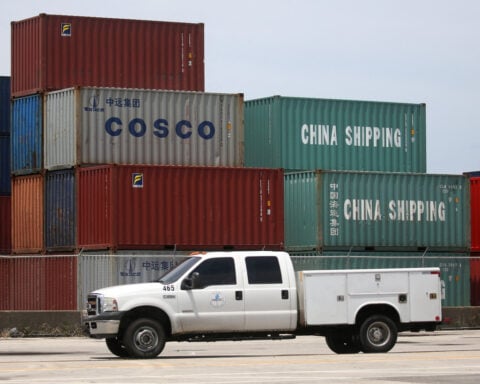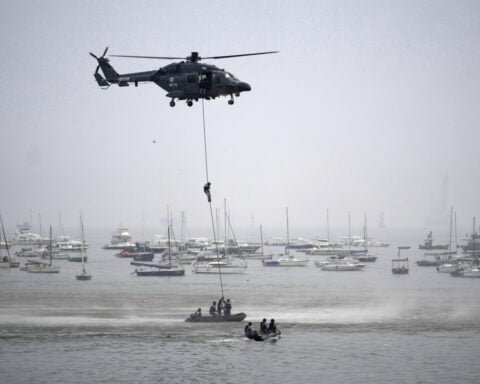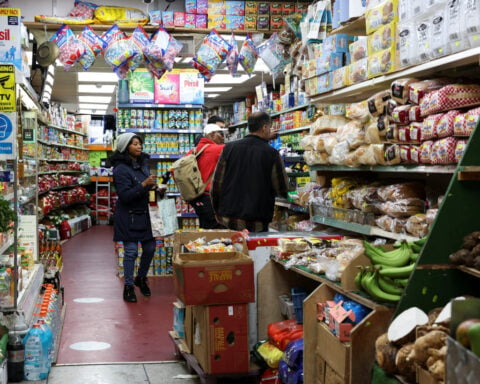By Rajesh Kumar Singh and Allison Lampert
(Reuters) - After a door panel on an Alaska Airlines-operated Boeing 737 MAX 9 jet blew off midair in January, Anneke Palmerton learned the carrier had canceled her flight to Orlando as well.
It did not surprise her as Alaska had decided to ground its fleet of MAX 9 aircraft after the Jan. 5 accident. Little did she know the incident would snowball, impacting air service in her city of Bellingham, Washington and upending her winter plans to fly Southwest Airlines.
The door blowout happened aboard only one flight. But fallout from the ensuing safety crisis has inflated costs for those reliant on Boeing. Interviews with airline executives, union leaders, pilots, suppliers, passengers and government officials, show how the incident is rippling through the trillion-dollar global aviation industry.
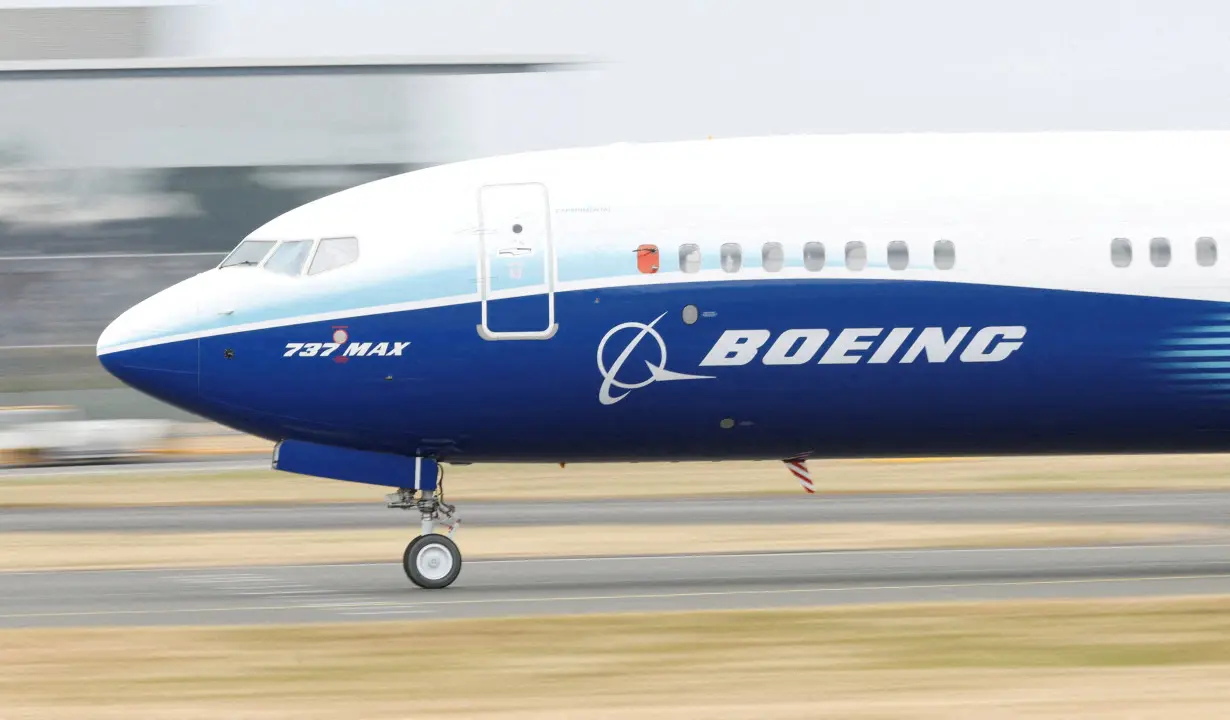
Boeing's resulting slump in MAX deliveries has hit earnings at airlines like Southwest and some suppliers who planned to equip new planes. It has inconvenienced and stranded passengers as airlines fly fewer routes, and has led to a slowdown in pilot hiring, interviews show.
"We thought...there would be a little bit of bumps," said Palmerton, a notary and marriage officiant in Bellingham. "Never in a million years (did we think) it would lead to Southwest," Palmerton said about the airline's decision to cut service to her local airport.
Boeing is the largest U.S. exporter and employs nearly 150,000 people domestically. It supports millions more through a supply chain that includes thousands of businesses big and small around the world.
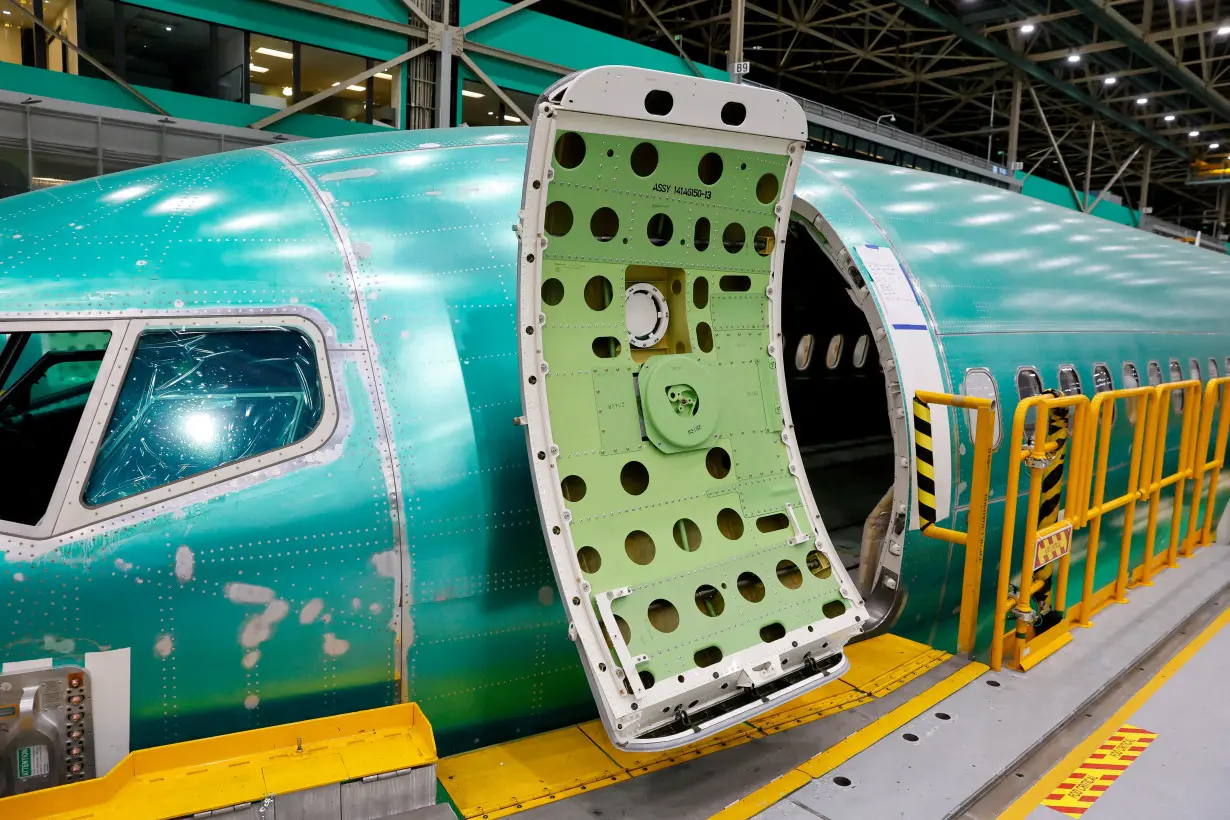
Economist Joseph Brusuelas estimates it cumulatively contributes $1 trillion a year to the U.S. economy and supports over 5 million jobs.
Boeing referred to executive comments made earlier that described the situation as difficult, but noted company efforts to improve quality are paying off with improved factory operations. Boeing expects to get back to a MAX production rate of 38 per month in the back half of the year.
SAFETY OVER SPEED
Under pressure from regulators, Boeing has pledged to prioritize safety over speed, which has slowed down its jet production. It delivered 175 jets in the first half of 2024, down 34% from a year ago and 46% fewer than its European rival Airbus handed over to customers.
Ramp-up delays have some suppliers waiting to benefit from their investments. Montreal-area component supplier Meloche Group invested C$10 million ($7.34 million) this year to support higher demand, including that of the LEAP engines that power MAX planes.
But GE Aerospace and its partner France's Safran have previously said they are slowing down LEAP production this year, citing Boeing's crisis.
Meloche now expects to miss its C$150 million revenue target this year by 5%, although CEO Hugue Meloche said sales should rise 25% in 2025.
The Jan. 5 incident adds headaches for airlines already battling engine delays on some Airbus A320 jets and industry-wide supply chain bottlenecks.
Airlines prepare months in advance before putting a new aircraft in service. They hire and train pilots, and plan their network, incurring significant preparation and infrastructure costs. The aircraft delivery delays mean they can't recover those costs.
HIT TO AIRLINES
While the full financial impact of Boeing's crisis is difficult to quantify, it is taking a toll on airline earnings and jobs.
U.S. budget carrier Allegiant, a Boeing customer, has said that delays in aircraft deliveries are costing it about $30 million a year.
United Airlines, another customer, has slashed its hiring plans for the year by almost 30%, citing fewer aircraft deliveries. Rival American Airlines has also dialed down its hiring plans.
"We have seen some Boeing delivery delays," American's CFO Devon May told Reuters in April. "So, we're probably not going to be hiring as many people as we would have expected back in January."
The situation is more dire at Southwest - which operates an all-Boeing fleet and is now facing the prospect of a proxy fight, in part due to jet delivery delays.
The company had been hiring staff on an assumption it would receive 85 jets this year, but it now expects only 20 planes.
A lack of aircraft has hit its revenue and worsened cost pressures as the carrier spends millions of dollars to keep flying older planes. It is also estimated to have left the airline with about 800 excess pilots.
COST CUTS
With its earnings under pressure, Southwest has decided to concentrate on more profitable markets and exit Bellingham and three other airports.
It has already stopped hiring pilots and suspended training for new hires and drawn up plans to offer its pilots reduced hours and effectively lower pay.
That's a dramatic reversal in fortune for its pilots, who barely six months back were so much in demand at rival carriers that the company was struggling to stabilize the attrition rate.
In Bellingham, Southwest accounts for about 40% of passenger traffic. Its arrival in late 2021 helped the small city airport compete as a lower-fare alternative to Canada's Vancouver International Airport, which had almost 25 million arriving and departing passengers last year. Travelers from Canada accounted for over half of Bellingham's estimated passenger traffic of over 630,000 last year.
City officials see an economic impact once Southwest stops operating in the city in August. "It'd definitely be felt in our communities," said Kip Turner, Director of Aviation at Bellingham International Airport.
ENSURE HIGHEST QUALITY
Since the Jan. 5 incident, Boeing has abruptly announced sweeping management changes that included the departure of its CEO Dave Calhoun at the end of the year.
The planemaker has increased inspections at its own and suppliers' facilities, expanded training for new hires, and instructed managers to spend more time on the factory floor.
Industry executives say while they are encouraged by Boeing's action plan, they need results.
"We are wanting to ensure that they produce the highest quality aircraft, that we can confidently fly safely every single day," said Alaska Airlines CFO Shane Tackett.
($1 = 1.3632 Canadian dollars)
(Reporting by Rajesh Kumar Singh in Chicago and Allison Lampert in Montreal; Additional reporting by Lisa Barrington in Seoul, Tim Hepher in Paris, Anandita Mehrotra in Bengaluru; Editing by Anna Driver)

 India's navy launches submarine, warships to guard against China's presence in Indian Ocean
India's navy launches submarine, warships to guard against China's presence in Indian Ocean
 UK inflation unexpectedly eases in December, which could reduce pressure in bond markets
UK inflation unexpectedly eases in December, which could reduce pressure in bond markets
 Body count from South African mine siege rises to 60
Body count from South African mine siege rises to 60
 Question on ASEAN stumped Hegseth at Senate hearing. What is it and why is it important?
Question on ASEAN stumped Hegseth at Senate hearing. What is it and why is it important?
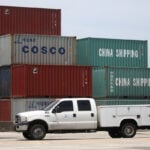 US importers rush in goods from China as Trump tariff threat looms
US importers rush in goods from China as Trump tariff threat looms
 Novak Djokovic breaks a tie with Roger Federer for the most Grand Slam matches in tennis history
Novak Djokovic breaks a tie with Roger Federer for the most Grand Slam matches in tennis history
 China's RedNote: what you need to know about the app TikTok users are flocking to
China's RedNote: what you need to know about the app TikTok users are flocking to
 British author Neil Gaiman denies ever engaging in non-consensual sex as more accusers come forward
British author Neil Gaiman denies ever engaging in non-consensual sex as more accusers come forward
